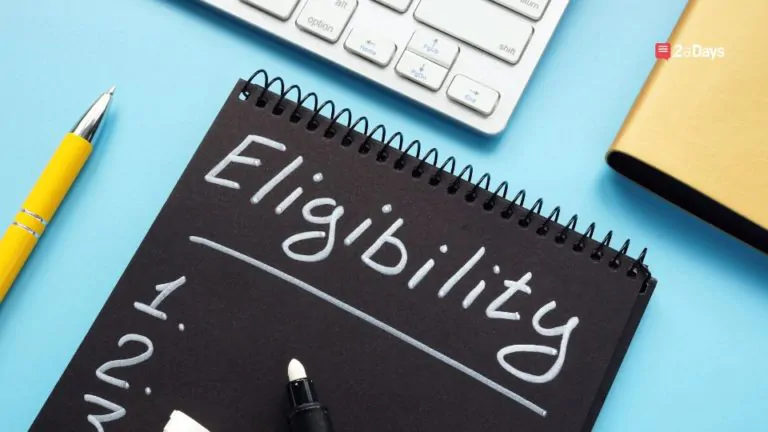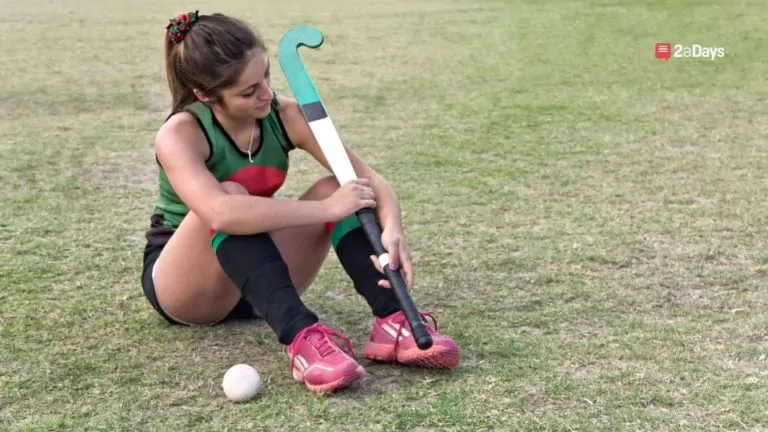**Our Constitutional Convention Central Series addresses how the NCAA Constitutional Convention will impact college athletes and why.
The phrase “constitutional convention” may give off Hamilton vibes, but you don't need to go to a theatre to watch one take place in real life. The NCAA is holding a modern-day convention of its own and the results of it could significantly impact your life as a college athlete.
Last month, the NCAA announced a plan to overhaul the college sports landscape, starting with its own bylaws. Why? The NCAA has been hit with a wave of criticism lately, including state pressure to enact NIL policies, a 9-0 loss in the Supreme Court, and the drafting of multiple congressional bills that run counter to what the NCAA wants to do with its collegiate model.
Recently, talk has centered on a decentralized model of college sports, where more power will be given to the conferences, rather than the NCAA. The NCAA appears to be doing some damage control by organizing a 28-member committee to oversee its constitutional convention, which is set to start in November and run through January 2022. A lot is still unclear, but here are three questions and answers leading up to the event.
Related: What it Means for Athletes to Profit off of NIL as of July 1st and What's Next
What is at Stake? A lot.
The committee is tasked with addressing the NCAA's Constitution, which consists of articles 1-6 of the NCAA's official policy book, the Division 1 Manual. According to the NCAA, the manual “consists of information relevant to the purposes of the Association, its structure, its membership and legislative-process information, and the more important principles for the conduct of intercollegiate athletics.”
After ratifying the constitution, the membership will address the rest of the Division 1 Manual, which is essentially the law of the land in college sports—that is, until legal forces pressure the NCAA to change its operating system. The bylaws cover important issues from academic standards to health and safety, to name, image, and likeness. So, any change in these policies will impact the fair treatment of you as a college athlete.
Related: Are College Athletes Employees?
Are There College Athletes on the Committee? 3 Athletes out of 28 Members.
The committee consists of two current college athletes (Megan Koch and Madeleine McKenna) and one former college athlete (Kendall Spencer). The rest of the committee consists of conference commissioners, university presidents and vice presidents, athletics employees, and even a former secretary of state. Aside from the scant athlete representation, there are a few things to keep in mind about the makeup of the committee.
1. Men outnumber women nearly three to one. While this representation is better than hiring percentages seen in the college sports industry, it's still not a great representative sample.
2. Racial representation is lacking. Only seven members of the committee are racial minorities, including only three women of color, thanks in large part to the HBCU representatives who were added to the roster after the original 23 members were announced.
3. Lack of enforceable health and safety standards, including mental health care for athletes. The committee doesn't include any medical professionals to address these issues.
4. Coaches are also notably absent, as are athletes who are likely to push back against the NCAA.
5. SAAC Athletes on the committee. Megan Koch and Madeleine McKenna are both Student-Athlete Advisory Committee members, which isn't, in and of itself a bad thing. However, SAAC has been criticized in the past for diversity issues and not lending athletes enough power to enact meaningful change—the NCAA has a history of rejecting SAAC initiatives, so it is unclear how these athletes will fit in with other, more powerful figures in the NCAA.
When Will Changes Happen? Don't Hold Your Breath.
The NCAA says that changes to its policies could come as early as January, but I'm skeptical. This is the same association that took over two years to draft NIL policies before ultimately passing that responsibility onto universities this summer because it was forced to by state laws. The NCAA made similar promises about NIL for months before backing out multiple times, so I wouldn't be surprised if that happened with the rest of its policies.
Related: Can the NCAA Cap NIL Earnings?
Given the insider-heavy makeup of the committee, I'm also skeptical that any real change will occur by January, 2022. Rewriting an entire organizational structure in a matter of months is a tall order. On top of that, the NCAA is also currently lobbying to Congress to maintain control over its policies—namely NIL and amateurism rules—so if any of those efforts gain momentum or pay off before January, things could change at the drop of a hat.
October 26th: Preliminary Survey Findings
There's still a lot we don't know about the NCAA's future, but we are keeping a close watch on the progress. Next up in our Constitutional Convention Series, I'll cover some preliminary survey findings the NCAA published about member opinions on policy initiatives and how they might impact future change.
* Originally published on October 12, 2021, by Katie Lever, Ph. D







